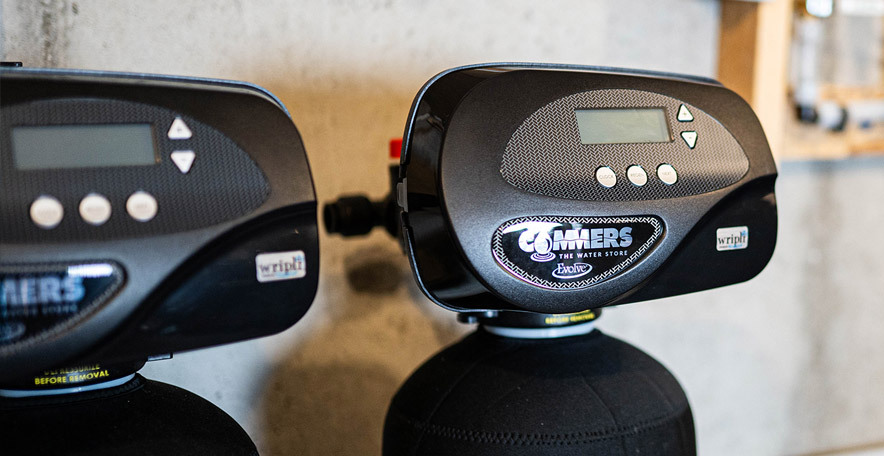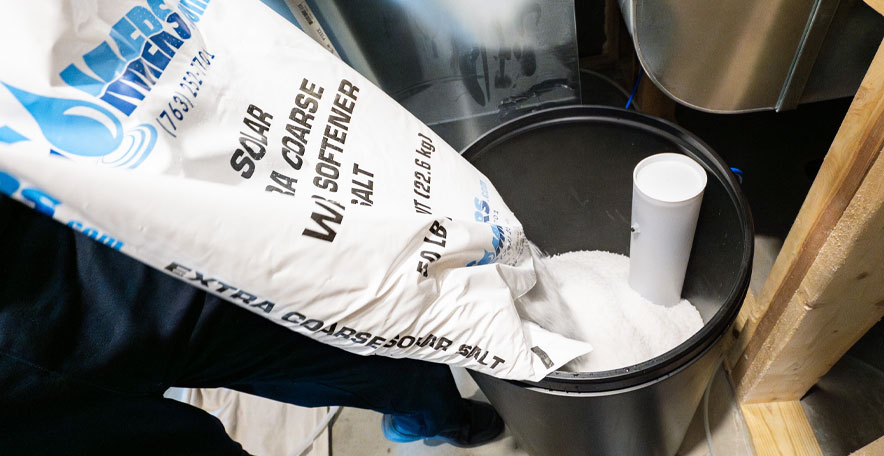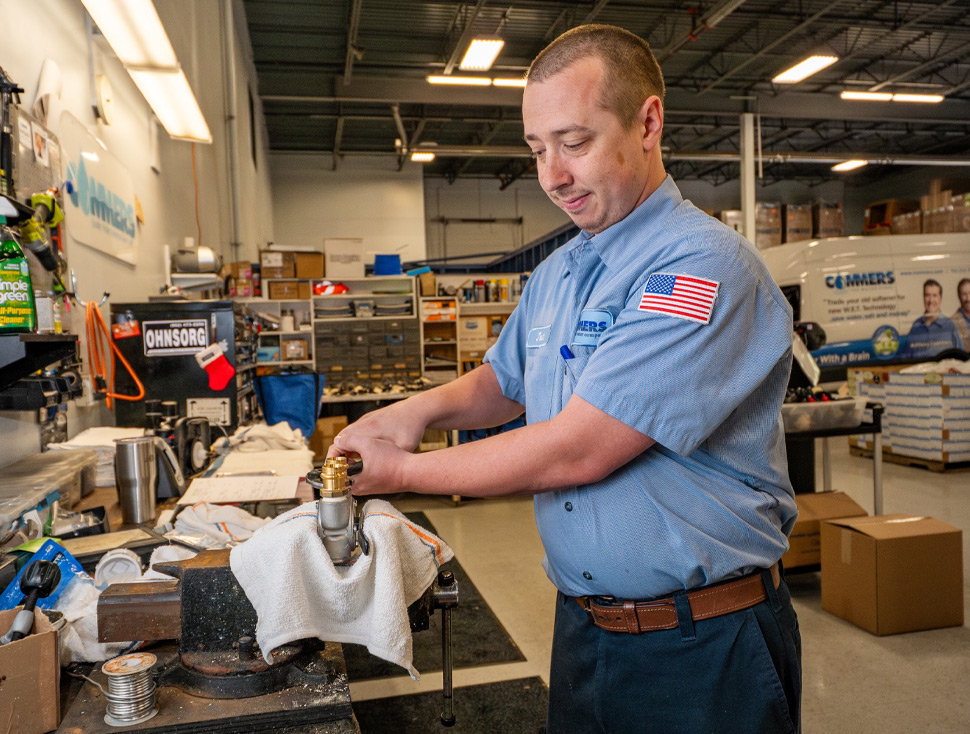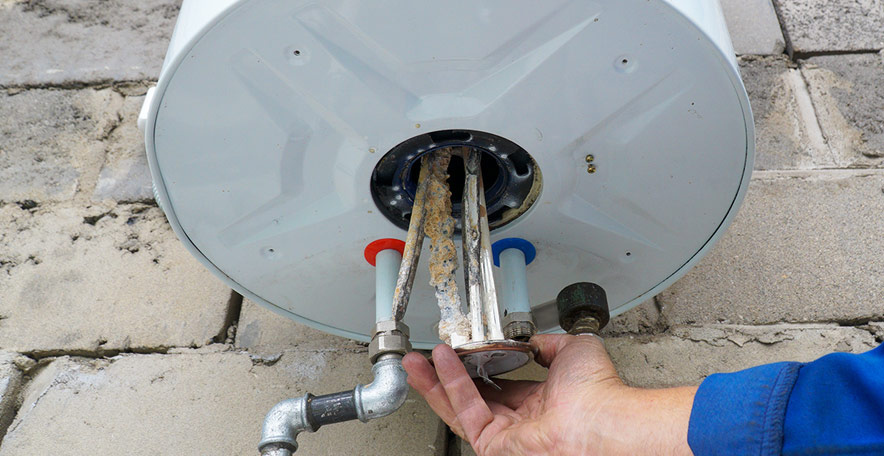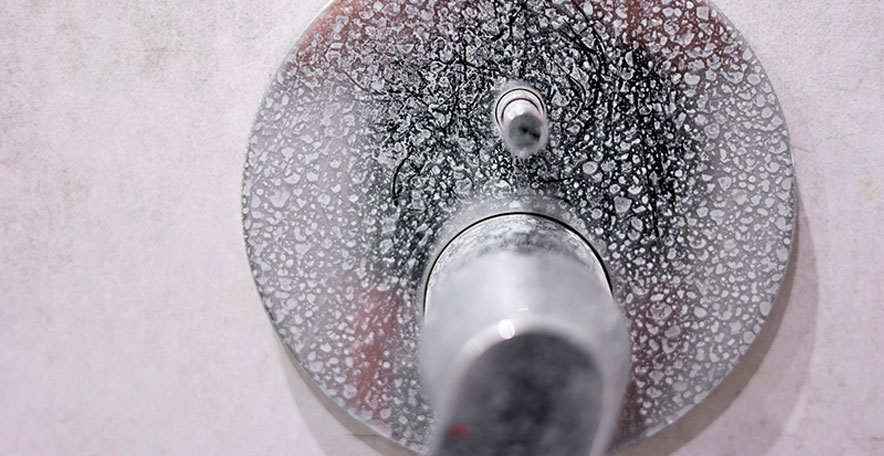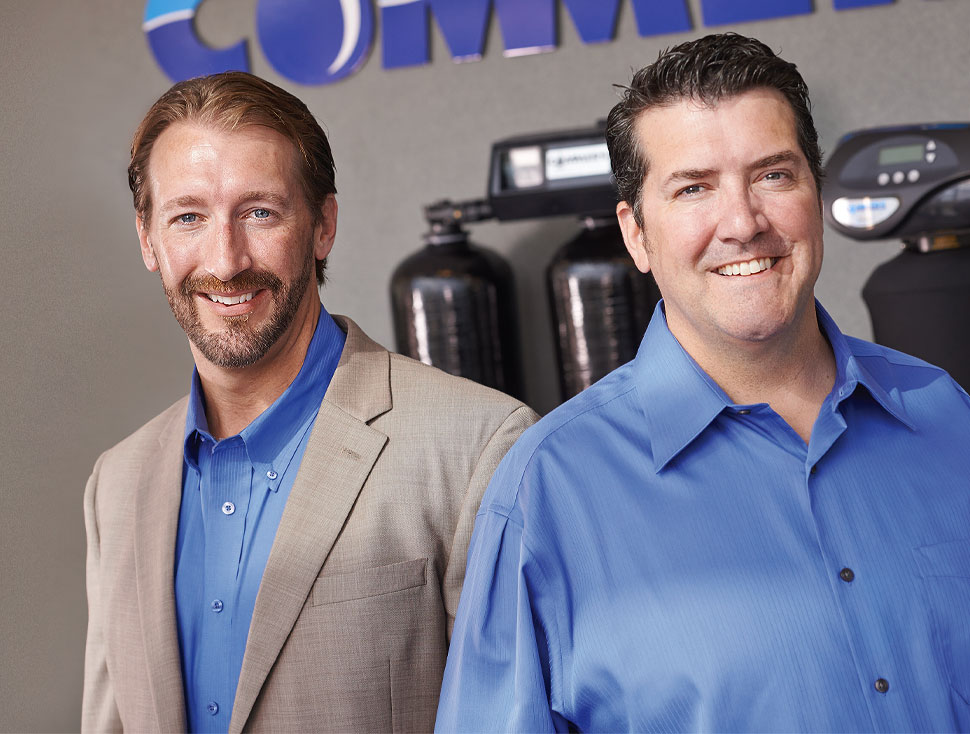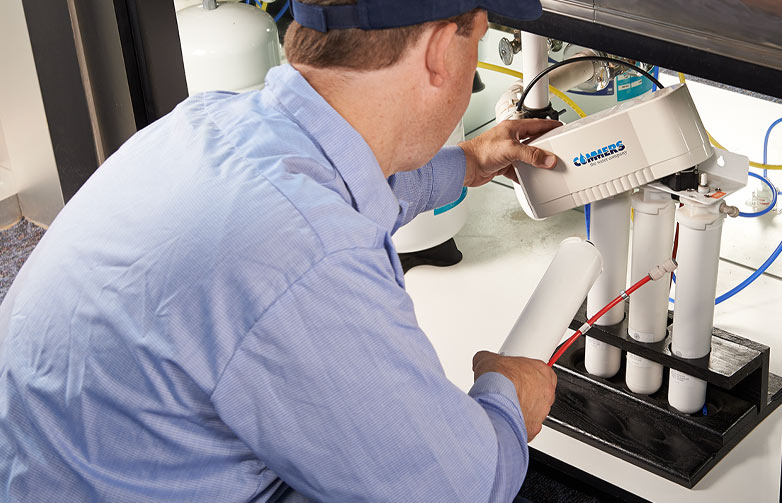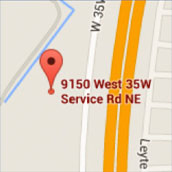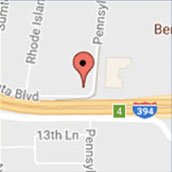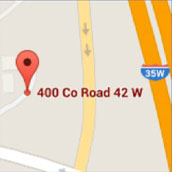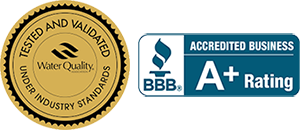If you’ve ever noticed your clothes fading faster, feeling rough, or just not holding up like they used to, hard water might be the sneaky culprit. Minnesota homeowners deal with hard water more than you might think, and it’s not just a nuisance in your bathroom—it can affect your laundry too. But don’t worry, better water is the solution you’ve been looking for.
Here’s the thing: the minerals in hard water—like calcium and magnesium—can build up in your laundry over time. And while they may seem harmless, they can actually take a toll on your clothes, making them wear out faster and lose their softness. So, what’s the fix? Soft water. Let’s break it down.
1. Softer clothes start with softer water
Hard water doesn’t just make your soap and detergent less effective; it also leaves mineral deposits behind in your fabrics. These minerals can make your clothes feel stiff, scratchy, and worn-out sooner than they should. With soft water, your detergent can actually do its job better, getting your clothes cleaner without the mineral buildup. The result? Soft, comfy clothes that last longer.
2. Less fading, more vibrancy
We all love bright, colorful clothes, but those bold hues can start to fade over time with hard water. That’s because the minerals in hard water can strip away the vibrant colors and leave your favorite shirt looking dull. When you use soft water, it helps preserve the color in your clothes and keeps them looking fresh wash after wash.
3. Clothes feel better against your skin
If you’ve ever noticed that your towels or sheets feel rough or scratchy, it’s likely because of hard water. The minerals can accumulate in fabrics, making them less absorbent and more irritating on your skin. Soft water, however, helps keep your fabrics softer, making your towels fluffier, your sheets cozier, and your clothes more comfortable.
4. Appliances stay in better shape
It’s not just your clothes that benefit from soft water—it’s your washing machine too. Hard water can cause mineral buildup in your washing machine, which means it has to work harder to clean your laundry. Over time, this can shorten the lifespan of your appliances, leading to expensive repairs or replacements. Soft water helps your washer run more efficiently, keeping both your clothes and your machine in top condition.
5. Save money in the long run
Using soft water in your laundry doesn’t just keep your clothes looking good and feeling soft—it also saves you money. With less mineral buildup in your washer and fewer detergent residues left behind, you’ll end up using less detergent and fabric softener. Plus, your clothes will last longer, meaning you won’t need to replace them as often. It’s a win-win for your wallet and your wardrobe.
Better water, better laundry.
When you invest in a water softener, you’re not just improving your water quality—you’re taking steps to protect your clothes, your appliances, and your budget. At Commers Water, we’ve been helping Minnesota homeowners enjoy cleaner, softer water since 1947. We understand the science, but we keep it simple and real. Our custom water softeners are designed to work for your unique needs, so you can enjoy better water and longer-lasting laundry.
If you’re ready to make your clothes last longer, feel softer, and look brighter, let’s talk. We offer free in-home water tests to help you understand what’s in your water and what steps you can take to improve it.
